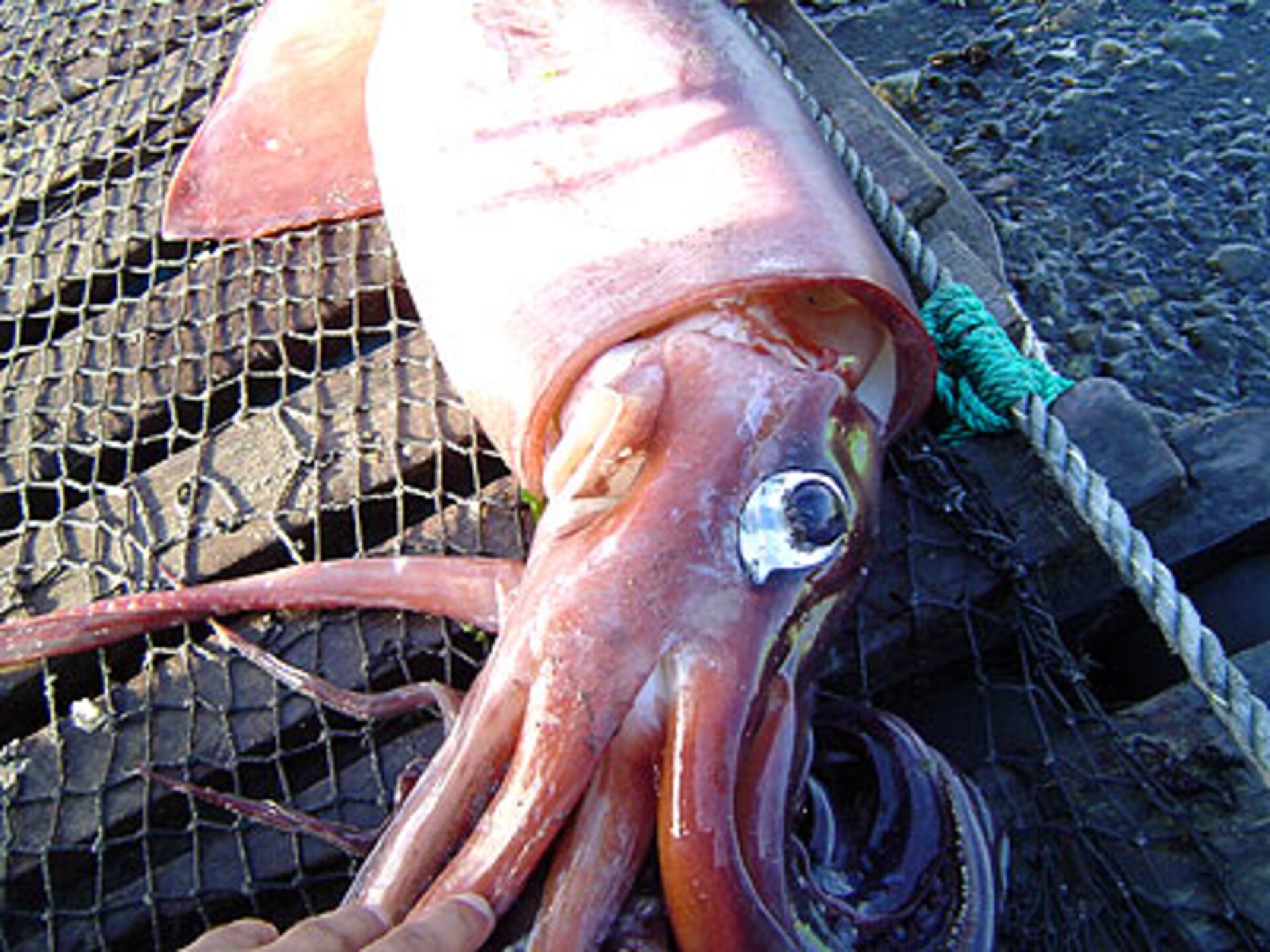
In recent years, “ghost” fishing boats crewed by skeletons have been washing up on Japanese shores, baffling Japanese police. One case would be enough to pique interest. But in 2019 there were 150; in the five previous years, 500.
In 2017, North Korea was sanctioned by the UN for nuclear testing. It was prohibited from licensing its fishing grounds to other nations. It appears to have licensed fisheries to China anyway.
IN 2020, NBC News reported that China had been sending “a previously invisible armada of industrial boats to illegally fish in North Korean waters, violently displacing smaller North Korean boats and spearheading a decline in once-abundant squid stocks of more than 70 percent.” According to NBC, in 2019 there were nearly 800 Chinese ships in North Korean waters that appeared to be in violation of the UN ban on foreign fishing in those waters.
Lucrative licenses
Were the Korean fishermen starving to death seeking squid in distant waters?
Incredibly, they were being chased away by their own government.
“So the Chinese could clear out the squid undisturbed,” reported Foreign Policy, “the North Korean navy chased away North Korean fishing vessels from their own traditional fishing grounds, said Peter Oh, a defector from North Korea who monitors the country’s food situation and reports for Radio Free Asia. That’s because the Chinese were by no means unwelcome interlopers. In fact, they were fishing at the invitation of the North Korean government, Oh said. Citing South Korean intelligence sources, he said North Korea sold to China some 3,000 vessel licenses—each valid for one trip—beginning in 2017, up from around 900 in previous years. With each costing about half a million yuan ($73,000), the deal allowed Pyongyang to recoup $220 million of the estimated $1 billion export losses from the 2017 round of U.N. sanctions.”
According to Foreign Policy, the Chinese fleet “scooped up a staggering amount of squid—equal to almost as much as the entire squid catch in Japanese and South Korean waters combined over the same period…. The Chinese decimated the squid population off North Korea to such a degree that Japanese and South Korean fishers saw their own take of the usually plentiful, migratory species plummet.”
This is one type of illegal fishing. More typical is the experience of Ecuador. In 2020, its navy discovered 340 Chinese fishing vessels off the Galapagos islands. In the uproar that followed, China “declared a ‘zero tolerance’ policy towards illegal fishing” and announced that it “was tightening the rules for its enormous flotilla.”
The rules were not tightened enough. As late as December 2023, the organization Oceana could report that “China’s massive distant-water fleet flocks to the waters surrounding the Galápagos Islands, then frequently disappears from public view by appearing to disable public tracking devices.”
In other words, the fleet sails up to the edge of the exclusive economic zone, goes dark by switching off transponders, then crosses the line into illegal operations. “By monitoring the ships’ tracking beacons between January 2018 and April 2021, Oceana found that more than 800 vessels apparently conducted nearly 900,000 hours of fishing within 20 nautical miles of the invisible border between Argentina’s national waters and the high seas.”
Rare punishment
Vanuatu has laws against incursions into its waters: “Illegal fishing carries a maximum sentence of five years, and a fine of up to VT1 billion (US$8.7m). Driftnet fishing is illegal in Vanuatu. Simply possessing a driftnet attracts a penalty of up to five years in prison and/or a fine of up to VT500 million (US$4.4m).” In 2021, two Chinese captains were charged with illegal fishing and faced years of jail time and enormous fines. In February 2024, Vanuatu began patrolling its waters with the U.S. Coast Guard, and by March it had boarded and inspected six Chinese vessels.
There seem to be few remedies under international law, which “makes it difficult for states, beyond a vessel’s flag state, to engage in [illegal] fishing enforcement. Thus, often only China can address Chinese IUU [illegal, unreported, unregulated] fishing. China is largely not interested in doing so….”
Worse, “Article 73 of the United Nations Convention on the Law of the Sea (UNCLOS) prohibits criminal prosecution of fishing offenses in the absence of an express agreement between two states authorizing such prosecution.”
In 2022, President Biden signed a memorandum “on Combating Illegal, Unreported, and Unregulated Fishing and Associated Labor Abuses,” the White House equivalent of sending a stiffly worded letter to the editor of the local newspaper. The White House promised “to ‘take urgent action’ to improve monitoring, control, and surveillance in the fight against illegal, unreported and unregulated fishing.”
As with illegal drugs, U.S. consumption aggravates this problem. PBS reports: “Thousands of tons of seafood processed in China with forced labor continue to enter the United States and Europe. Importers sent their products to major supermarkets around the world, including Walmart, Kroger, Tesco, and Carrefour. The importers also sent seafood to Cisco, the global food service giant that supplies more than 400,000 restaurants in the U.S. alone.”
Think twice
The U.S. Treasury Department occasionally sanctions Chinese fishing interests for “serious human rights abuses,” but these sanctions affect only slivers of a gigantic industry.
Next time you’re dining out, take a long look at that squid on the menu and think twice before you order. □
James Roth works for a major defense contractor in Virginia.





